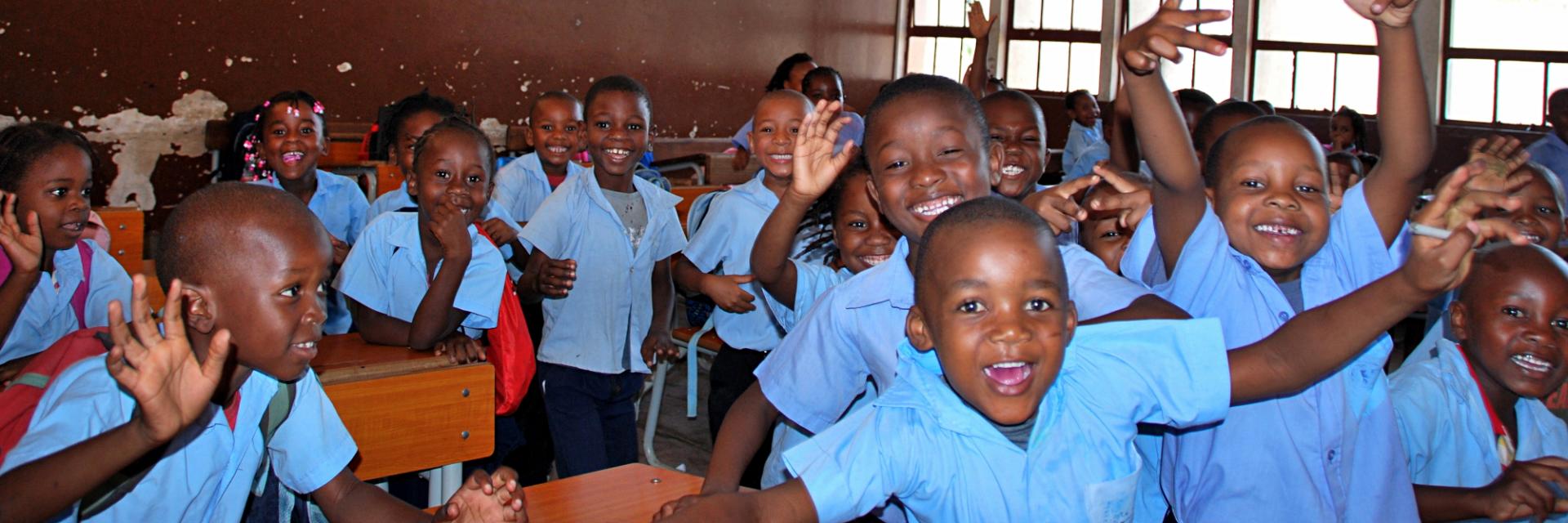Kigali (Rwanda), March 4, 2022 – The Eighth Session of the African Regional Forum on Sustainable Development, organised by the Economic Commission for Africa and the government of Rwanda provided a unique opportunity for sister UN agencies and other partner institutions to showcase their work. Such was the case with UNECSO’s parallel meeting held on the 4th of March to review progress and peer learning on the sub-theme of quality education.
The session served as a platform to facilitate peer learning on the implementation of the 2030 Agenda for Sustainable Development and Agenda 2063: The Africa We Want, of the African Union, with a special emphasis on quality education. The meeting was also aimed at identifying, articulating, and agreeing on key messages, including policy options and measures for building forward better and accelerating implementation of the Agenda 2030 and Agenda 2063.
Experts deplored the fact that the number of out-of-school children in Africa is still high despite progress made in getting them enrolled.
“On Technical and Vocational Education and Training (TVET) education, some progress has been made but a lot more remains to be done, as the sector lacks financing, suffers from limited strategic thinking and misconceptions about TVET education”, said Seidu Jallow from UNESCO, while presenting a paper titled: Continental Education Strategy for Africa 2016 – 2025.
“Teachers are very critical in the education environment. We have a deficit of teachers on the continent that needs to be addressed as quickly as possible to have any chance of meeting the SDG4 target by 2030”, said Mr Jallow, adding that “Covid19 pandemic destabilised education systems and most countries had to close their schools for varying durations.”
The meeting was, therefore, an opportunity for participants to have frank discussions and make recommendations for quality education in Africa.
These include investment in TVET, prioritizing financing for education, strengthening Public-Private-Partnership, strengthening inclusive education, strengthening value-based education, implementation of food and nutrition programs for schools, teachers training and investment in school supplies.
“Quality education applies to everyone. We need a good foundation for our children in order not to hinder the other stages of their lives”, said Namibian’s Minister of Education Arts and Culture, Ester-Anna-Lisa-Shiwoomwe Nghipondoka.
The Minister of National Education, Central African Republic, Aboubakar Moukadas Noure said “In Africa, it is essential to go towards quality education, and this is our niche in Central African Republic”. He underscored that emphasis should be placed on the basic cycle and teachers training.”
This meeting was attended by the Assistant Director General, Education, UNESCO, Stefania Giannini, the Minister of National Education, Central African Republic, Aboubakar Moukadas Noure, the Minister of Education Arts and Culture, Namibia, Ester-Anna-Lisa-Shiwoomwe Nghipondoka, the Vice-Prime Minister and Minister of Education, Tertiary Education, Science and Technology, Mauritius, Devi Dookun-Luchoomun, Commissioner, ESTI, AUC, Prof. Mohamed Belhocine and Microsoft Corporation, Middle East & Africa, Louise Macquet and the Director of the Higher Education Council of Rwanda, Dr Rose Mukankomeje.
Issued by:
Communications Section
Economic Commission for Africa
PO Box 3001
Addis Ababa
Ethiopia
Tel: +251 11 551 5826
E-mail: eca-info@un.org

